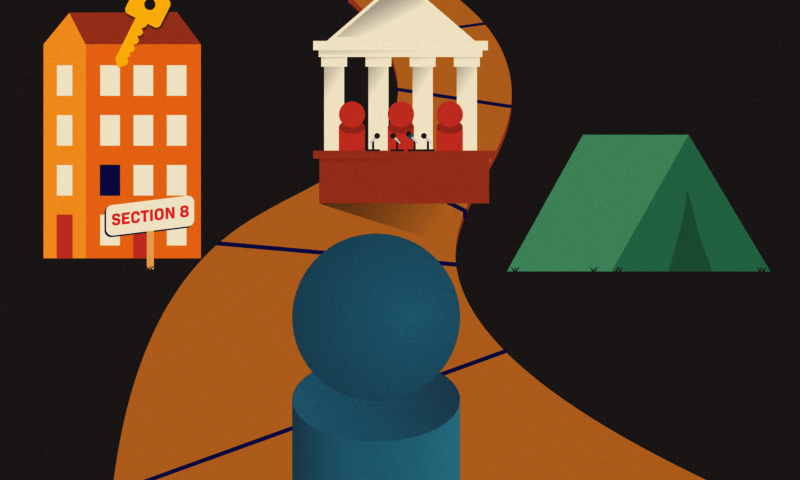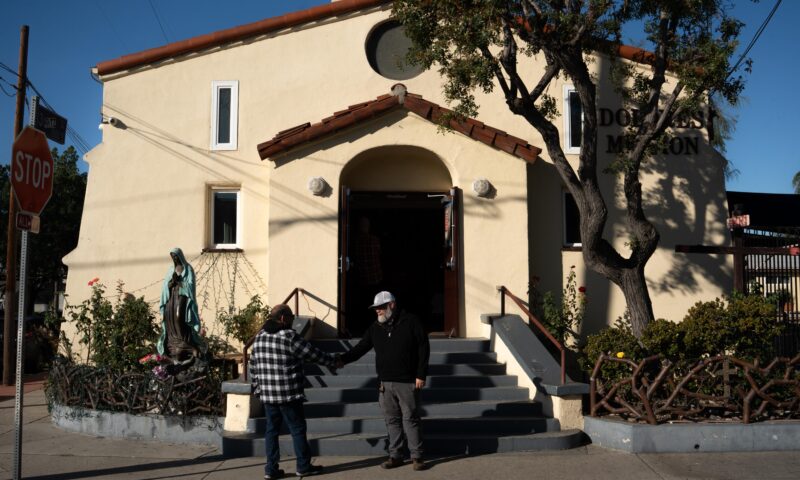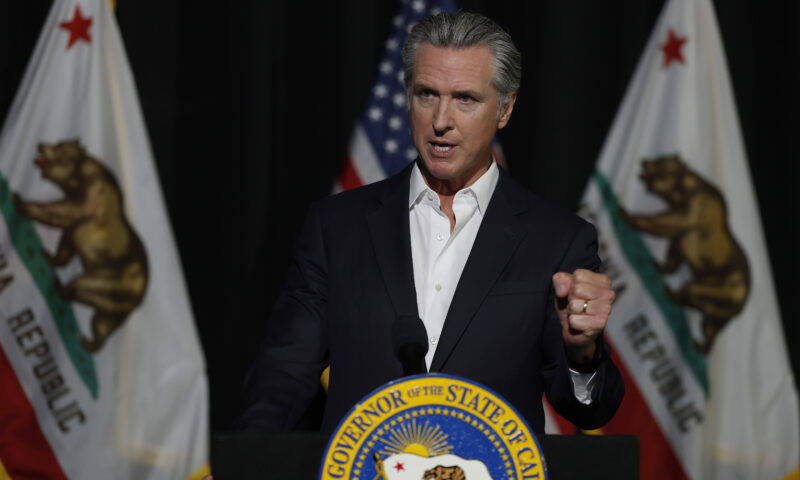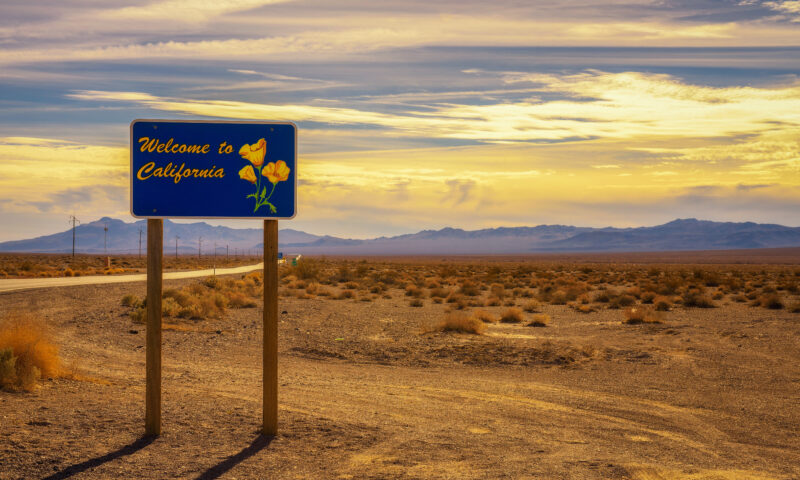Environment
Keeping Parks Public
I don’t know about you, but I love public parks. City parks for hiking, little league, and summer concerts. State parks for camping. National parks like the Grand Canyon to experience the awe of nature. Parks are some of our most precious public assets.
But only if they remain public. This week, candidates in Kentucky’s gubernatorial election suggested that the state could privatize parks to raise revenue. That’s a misguided solution to the wrong problem: the state’s failure to invest enough in essential public assets. Advocates of privatization say the private sector will attract more tourists. But that would jeopardize the central mission of public parks to provide affordable access to nature and recreation. Parks managed by companies, like other private assets, will need to generate profit—funds that should be spent on maintaining and improving them.
The citizens of Kentucky aren’t alone. To manage the 14 million acres of state park lands in the U.S., a number of states are considering privatization. In Florida, where the state’s parks have been recognized three times as the country’s best park system—more times than any other state—Governor Rick Scott has continually tried to hand over park land to private companies. A recent bill, which passed the state’s House but died in the Senate, would have allowed timber cutting, cattle, and cell phone towers in Florida’s award-winning parks.
Earlier this month, New Jersey Governor Chris Christie signed legislation that allows for the commercialization of Liberty State Park, the popular entrance to the Statue of Liberty. But local organizations including the Sierra Club, NY/NJ Baykeeper, and the Friends of Liberty State Park are fighting back. According to the Christie administration, the bill strengthens park protections, but Sierra Club local leader Jeff Tittel claims it still allows for potential abuse to the public trust. Tittel said, “The park that is supposed to celebrate freedom, liberty, and gateway to America could instead be turned into shopping centers and amusement parks.”
Public parks allow everyone—from low-income families to the wealthiest—to enjoy and experience nature. They are essential public goods that strengthen our communities, connect us to the environment, and enrich our quality of life. Our parks need more public investment, not private interests looking for their own return on investment.

-

 Locked OutDecember 23, 2025
Locked OutDecember 23, 2025Section 8 Housing Assistance in Jeopardy From Proposed Cuts and Restrictions
-

 Latest NewsDecember 22, 2025
Latest NewsDecember 22, 2025Trump’s War on ICE-Fearing Catholics
-

 Column - State of InequalityDecember 24, 2025
Column - State of InequalityDecember 24, 2025Where Will Gov. Newsom’s Evolution on Health Care Leave Californians?
-

 Latest NewsJanuary 8, 2026
Latest NewsJanuary 8, 2026Why No Charges? Friends, Family of Man Killed by Off-Duty ICE Officer Ask After New Year’s Eve Shooting.
-

 Latest NewsDecember 29, 2025
Latest NewsDecember 29, 2025Editor’s Picks: Capital & Main’s Standout Stories of 2025
-

 Latest NewsDecember 30, 2025
Latest NewsDecember 30, 2025From Fire to ICE: The Year in Video
-

 Column - State of InequalityJanuary 1, 2026
Column - State of InequalityJanuary 1, 2026Still the Golden State?
-

 Latest NewsJanuary 6, 2026
Latest NewsJanuary 6, 2026In a Time of Extreme Peril, Burmese Journalists Tell Stories From the Shadows

